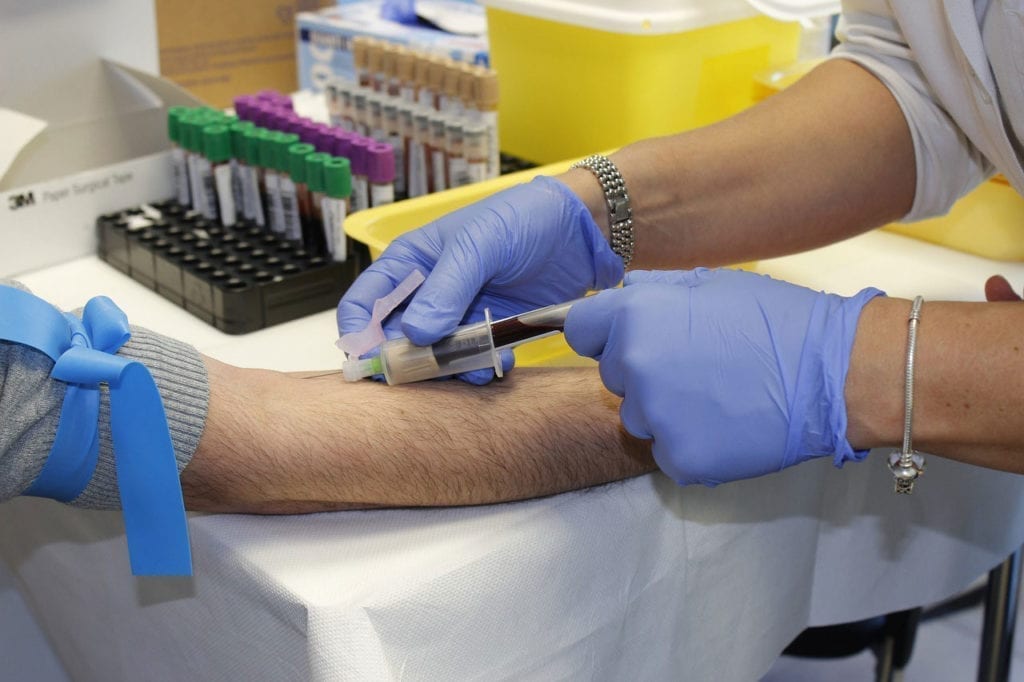Clinical trials can provide immense insight into potential treatment options and patient outcomes. Currently, biopharmaceutical company Protagonist Therapeutics, Inc. (“Protagonist”) is working to gain insight into the efficacy of rusfertide (PTG-300) for patients with polycythemia vera (PCV). In a recent news release, Protagonist shared that the company had completed enrollment for a Phase 2 clinical trial designed to meet this goal. Altogether, 50 patients enrolled. Patients who were eligible but unable to join the study will have another opportunity for participation in an upcoming Phase 3 clinical trial.
Rusfertide (PTG-300)
During the clinical trial, researchers will evaluate the investigational treatment rusfertide (PTG-300) for patients with PCV. In a prior press release, Protagonist described rusfertide as:
an injectable synthetic peptide mimetic of the natural hormone hepcidin that has demonstrated the ability to dramatically decrease the requirement for phlebotomy in patients with polycythemia vera.
Beyond PCV, researchers are also exploring rusfertide as a potential treatment for hereditary hemochromatosis. The treatment is delivered subcutaneously and can be self-administered by patients once weekly. Preliminary data and updates from the clinical trial should be available in the 2nd quarter of 2021.
Polycythemia Vera (PCV)
Polycythemia vera (PCV) is a rare hematological malignancy characterized by the overproduction of red blood cells within the bone marrow. Although the red blood cells are overproduced at a higher rate, patients with PCV often also have elevated platelet and white blood cell counts. As this rare blood cancer develops, the high blood cell counts cause the blood to thicken. As a result, patients may experience abnormal bleeding, and are at a higher risk of stroke, heart attack, and blood clots.
Generally, JAK2 gene mutations or defects are thought to cause PCV. Normally, JAK2 regulates cell production in bone marrow. Thus, defects allow for the proliferation of additional blood cells. However, these mutations are usually acquired or developed, but not inherited.
As PCV develops slowly, many patients may not experience symptoms until later stages. These symptoms include:
- Shortness of breath which worsens when laying down
- Painful joints, especially in the big toe
- Fatigue
- Unintended weight loss
- Headache
- Weakness
- Dizziness
- Splenomegaly (enlarged spleen)
- Difficulty concentrating
- Blurred or double vision
- Itching, especially after warm water exposure
- Abdominal pain
- Easy bruising and bleeding
- Excessive sweating
- Blood clots






